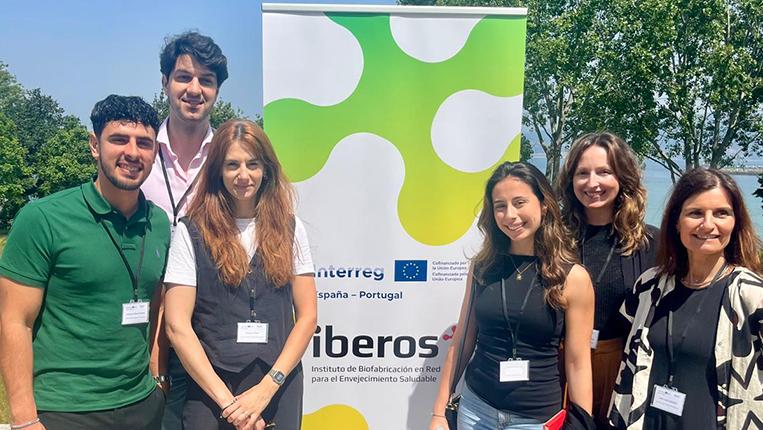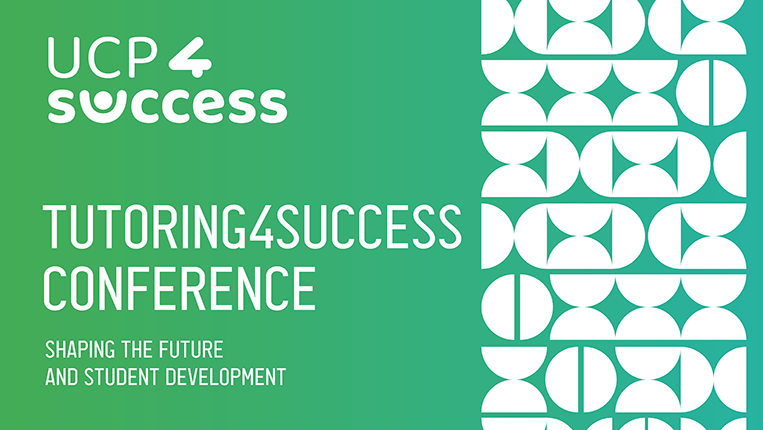
The Faculty of Biotechnology is pleased to invite you to the next session in the Conversations on Science & Society series, dedicated to the theme “What is (Today) Sovereignty?”, which will take place on 5 June at 5:30 PM.
Sovereignty is traditionally understood as a concept tied to the power of states to control what happens within their physical borders. But today, we hear of food, digital, energy, cultural, scientific, individual sovereignty…So what does it really mean to be sovereign in a global, interconnected, interdependent, and ever-changing world? What do self-determination, identity (both individual and collective), and freedom mean today?
This is a conversation about a theme that is gaining new forms and new urgency. We will reflect on who holds authority, who holds responsibility, and where rights and duties lie in a time when physical, technological, and symbolic borders are not what they used to be.
If sovereignty is no longer what it once was — what can (or should) it be?
In this session, we will have the privilege of hearing from two prestigious and culturally sensitive public figures — Pedro Abrunhosa and José Alberto Azeredo Lopes — in a conversation that will then be opened to all participants.
The discussion will be moderated by Tim Hogg, faculty member at the Faculty of Biotechnology of the Universidade Católica Portuguesa and coordinator of the Bachelor’s Degree in Liberal Sciences.
Free entrance, but registration is required:
Register here
About Conversations on Science & Society
Organised by the Faculty of Biotechnology, this series of events promotes dialogue between leading figures in public life, the arts, science and academia, offering a space for open, critical and plural reflection on the key issues shaping contemporary society. We aim to raise questions, open minds and challenge assumptions — always with the audience at the heart of the conversation.
About the Bachelor’s in Liberal Sciences
The Bachelor’s in Science and Society is a unique programme in Portugal. It offers a foundation in applied biosciences combined with a strong multidisciplinary approach and high flexibility. This programme allows students to develop the skills and acquire the knowledge required by today’s professional world.






